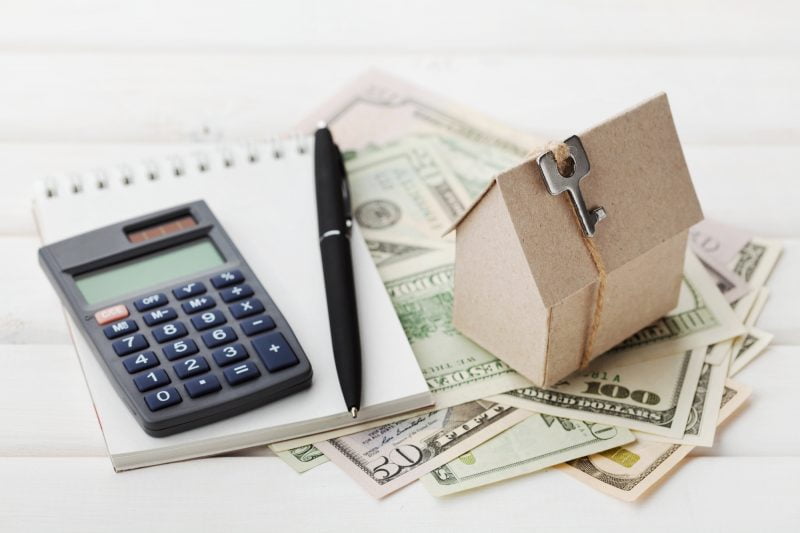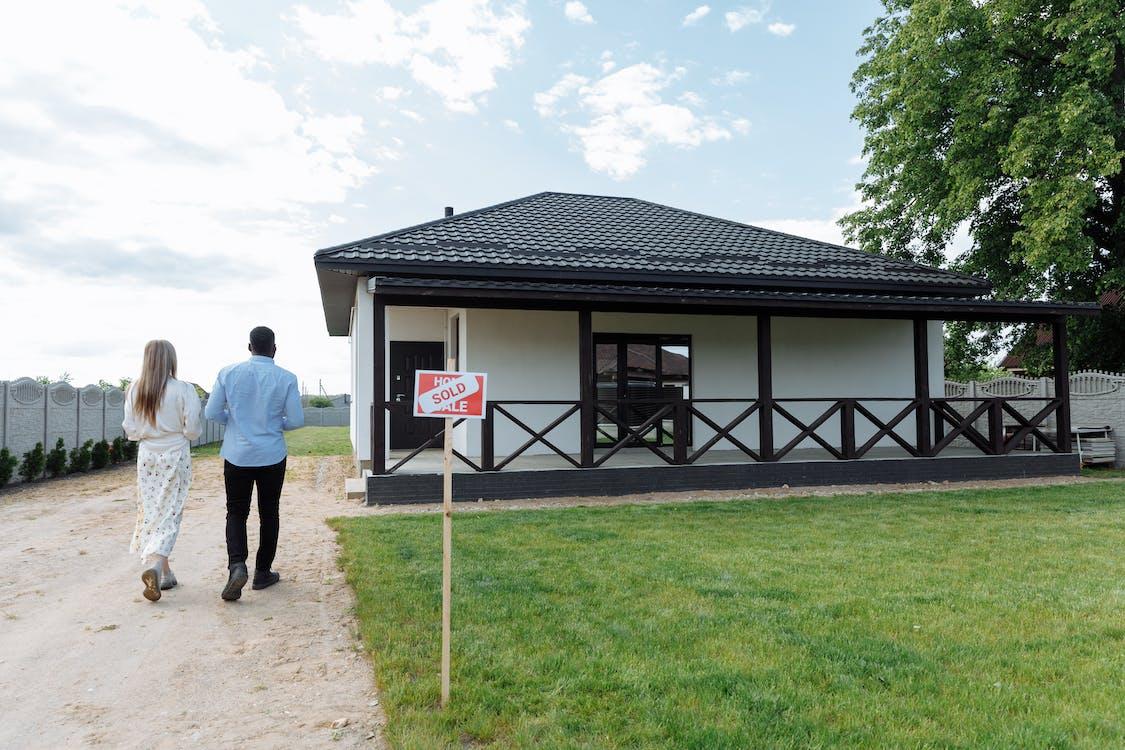Congratulations on becoming a first-time landlord!
This exciting journey into property management can be both rewarding and challenging. But where do you begin?
To help you navigate this new role successfully, here are seven essential practical tips and strategies to smoothen out your fray into rental property management.
Table of Contents
Learn The Basics
Familiarize yourself with state and local laws that govern rental properties. Understanding legal requirements is crucial to avoid costly mistakes.
Create a comprehensive lease agreement that outlines the rights and responsibilities of both landlords and tenants. Remember, lease agreements can vary by state and local jurisdiction, so it’s important to familiarize yourself with the specific laws and regulations in your area. Additionally, you can find templates and resources online that can help guide you in creating a rental lease agreement tailored to your needs.
Develop a tenant screening process to ensure you find reliable and trustworthy tenants. Decide on the criteria you are looking for in potential tenants, such as minimum credit score, income requirements, rental history, and employment verification.
Obtain written consent from applicants to perform background and credit checks. Use reputable screening services to check for criminal records, eviction history, and creditworthiness.
Assess Your Needs
Now that you’ve mastered the basics of property management, it’s important to assess what tasks you can handle independently and where you may require help. In a dynamic real estate market like Las Vegas, for example, being a landlord is not a solo endeavor.
Building a network of reliable professionals, such as plumbers, electricians, and maintenance workers, is essential to tackle the potential challenges of running a rental property.
If you have a busy schedule or prefer a more hands-off approach, hiring a Las Vegas property manager can be a game-changer. They can take charge of crucial aspects such as tenant screening, property maintenance, tenant relations, accounting, and even handling evictions.
Plan For Unforeseen Expenses
Before you welcome tenants, it is crucial to have backup plans just in case anything goes wrong.
It’s essential to have a financial buffer for unexpected costs. Collecting security deposits from tenants can provide a safety net for damages or unpaid rent.
Consider getting landlord insurance to protect your investment from unforeseen disasters and liability claims. Encouraging tenants to get renter’s insurance can also help protect their belongings and minimize potential claims against your insurance.
Set The Right Rental Price
Now, let’s talk about the heart of your rental business – setting the right rent price. Finding the right balance is crucial when determining the monthly rent for your property. Charge too much, and your property might sit empty. Charge too little, and you’re leaving money on the table.
Research the local rental market to understand the prices of similar properties and market trends. Consider the unique features of your property, such as a swimming pool or a renovated kitchen, when setting the rent.
Factor operating expenses, such as property taxes, insurance, and maintenance costs, to ensure a healthy profit margin. Regularly review and adjust the rent price to stay competitive.
Leverage Your Property’s Value
Your rental property can offer you more than just a place to collect rent. It’s collateral. You can leverage your property to raise money when you are short on cash.
With methods like refinancing, home equity loans, or even selling for a profit, you can tap into the equity in your current rental to secure financing for other projects.
Pay Attention To The Numbers
Being mindful of the financial aspects of being a landlord is crucial for long-term success.
By considering potential vacancy periods and having a financial cushion in place, you can navigate any unexpected dips in rental income with ease. Keeping meticulous records of rent payments, repairs, and other expenses will provide you with a clear overview of your financial situation and ensure smooth tax preparation.
Remember, a proactive approach to finances is key to maintaining a stable and profitable rental property business.
Tenant-Proof Your Property
By choosing durable materials like laminate flooring and washable paint, you’ll minimize the need for frequent replacements and touch-ups, saving you time and money in the long run.
Regular preventive maintenance will help you catch and address small issues before they escalate into major problems, ensuring the overall integrity and functionality of your rental property.
With these strategies in place, you can create a resilient and low-maintenance space that will attract and satisfy tenants for years to come.





